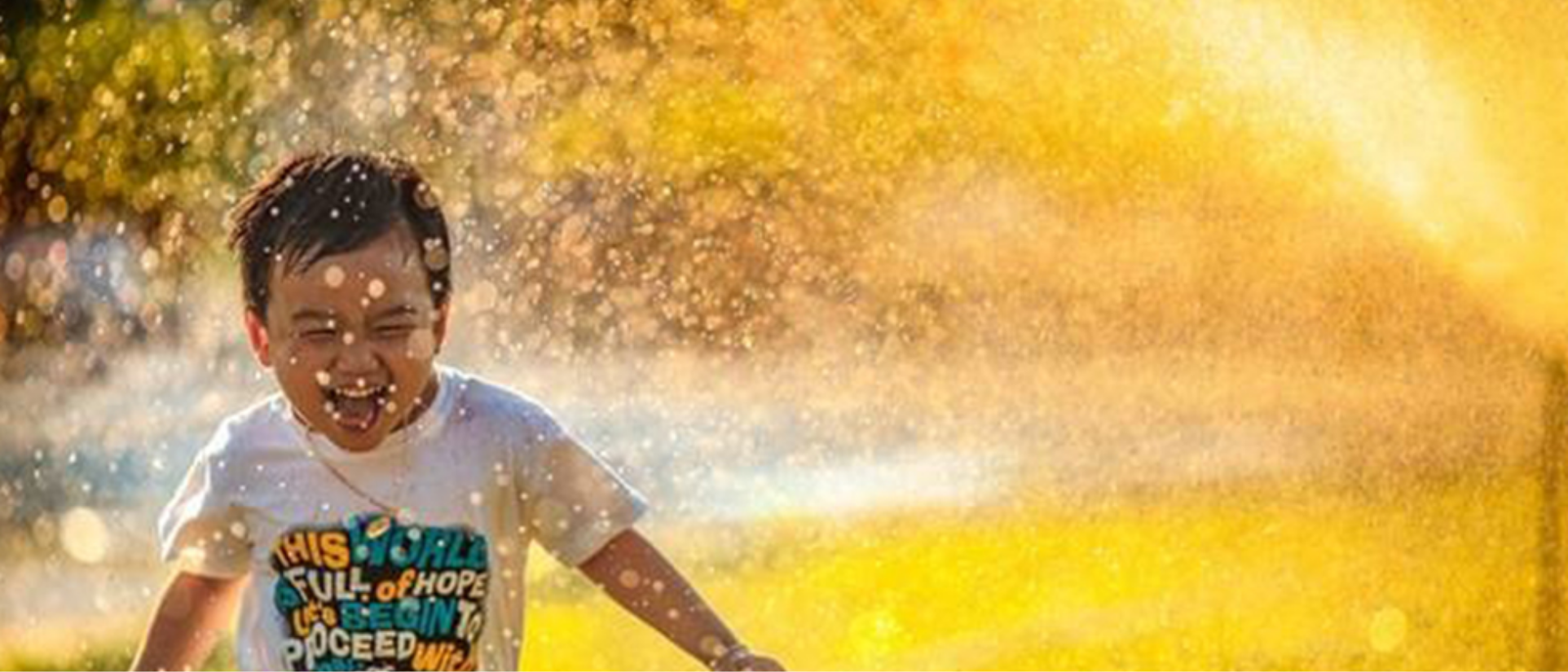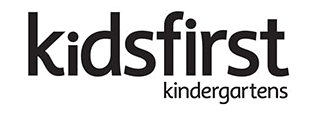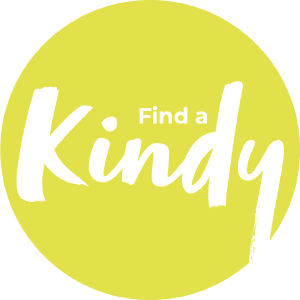
What is learning through play, and does it really prepare children for school?
It’s a familiar phrase to kindergarten & early learning centre families, at the heart of our founding philosophy, and is still the bedrock of the educational programme.
But what is play-based learning? And can it really prepare children for school and beyond?
The concept of play-based learning has been around since the foundation of the kindergarten movement in the late 1800s. Kindergarten has always allowed children to follow their own interests on the basis that we all learn best when it’s something we are genuinely positive about.
In recent years, play-based learning has gained a lot of traction beyond early childhood, and is now also a feature in many primary schools. The approach sets children up to develop a real love of learning that they can take into the rest of their lives - something that becomes even more important as careers, and the workplace, continue to demand new skills.
Head teacher at Kidsfirst Lady May kindergarten, Anna Johnson, explains why a play based approach is so well suited to curious young minds.
“People think play is just having fun, but actually, it is children’s work. Children are learning in the context of where their mind and attention is at the time, and that’s where they’re most receptive to taking in information. It’s functional, generalisable knowledge that they are using right there and then.”
Unlike some other early learning philosophies, kindergarten does not push children through a pre- determined formal programme. Instead, individual learning plans are made for each child with goals specific to that child and their interests.
“If you were to pull them out of that context and sit them at a desk to learn something you’ve decided they should, their brain is not necessarily in that mode of thought,” Anna says.
“They’re not going to absorb it. Learning through their play, they are taking in so many things, all at once. In the sandpit, for example, they are taking in mathematical concepts like depth and weight using different substances. They’re communicating with each other, negotiating, creating. They’re not just playing, they’re working.”
Children’s very first play-based learning happens naturally, in the home. While there are things that parents can do to enhance this, kindergarten or early learning centres’ trained teachers and a larger group of children add new elements.
“At kindergarten, they have to negotiate with a lot of other children. They have to share equipment and there’s a wider range of it. The messiness is part of the job: they can use water and get wet, we’ll change them, then they can go off and get other resources to add to their play - pieces of pipe, bark. At home you don’t always have access to that sort of thing.”
“There’s a teacher there, too, who is extending their thinking, asking open ended questions, noticing what they’re doing, anticipating what they might need next, letting them go to the shed to get what they need. Because we have the time, the training and the focus, we can take it much deeper.”
Kidsfirst Cromwell teacher Nicola Brown says whether at home or kindergarten, time, patience and an observant eye are all required in order to spot learning opportunities and make the most of them.
“It’s all about watching children, listening to them, having those sustained conversations with them. You are slowing right down to the pace of the child. There is no rush - childhood isn’t a rush - and the days aren’t a rush, it just rolls - There’s no agenda.”
It’s a style of teaching that Nicola enjoys, and it rubs off on the tamariki.
“The great thing about working with children is that your day just flies. You’re enjoying every minute of it, they’re enjoying every minute of it.”
Just today, there was a wee girl who had been away for a couple of weeks, and she said ‘it’s not home time already, is it?’. We’d just been so busy all day.”
Following the interests of a child means getting to know them well, creating an individual learning plan for each and every one and taking the time a child needs to fully explore the things that capture their attention. It’s much more possible in kindergartens & early learning centres, with their typically smaller class sizes, than in larger centres.
“We’ll be doing puzzles, and the children will say ‘again’, and I’ll be ‘sure, we’ll do it again’. Or, ‘read that story again’ and it will be ‘okay, I can read that story again. I can read it to you 20 times if you want.’ Being WITH the children is key. And they know you’re with them, and importantly, that you want to be with them. We’re so lucky, being with children every day. We get the best out of them, and it’s a privilege.”
There’s no formal instruction in play-based learning, and the focus is far wider than just imparting knowledge to children.
“It’s about dispositional learning. Social skills, learning other things about how to get along with people, how to work in groups, how to figure things out for yourself.
Children are learning how to learn from a very young age, and they’re wanting to learn. We’re just offering all these experiences, and they’re channeling them however they want.”
Nicola says that the emphasis on child-led learning also helps grow their belief that they can get things done for themselves.
“‘I figured that out myself’ is one of the keys to children’s confidence. So when they go to school, they’re confident, they know they’re capable, and they’re not reliant on other people. It’s especially true of the community we’re in - people are down to earth. We’re ‘doers’ here. It’s there in the children, too. They’ll see something needs doing, and they’ll get on and do it. They don’t wait for somebody else to do it for them. It’s an awesome bunch of children and families.
The evidence in favour of play-based learning continues to build.
A 2018 report commissioned by Unicef looks at the science behind the approach, and discusses how this increasingly popular educational approach prepares under fives for school and life beyond:
“Children’s language, social, emotional and cognitive skills are rapidly expanding. During this period, the stimulation and learning that come from play, reading, singing and interacting with peers and caring adults at home and in quality early education settings are essential.
Play in the preschool years enables children to explore and make sense of the world around them, as well as to use and develop their imagination and creativity.”
‘When children choose to play, they are not thinking “Now I am going to learn something from this activity.”
Yet, their play creates powerful learning opportunities across all areas of development. Development and learning are complex and holistic, and yet, skills across all developmental domains can be encouraged through play, including motor, cognitive and social and emotional skills. Indeed, in playful experiences, children tap a breadth of skills at any one time.”
While four-year-old programmes and more structured approaches to teaching are the hallmark of some early learning philosophies, kindergarten’s reputation for excellence in preparing children for school backs up its assertion that a child-led approach prepares kindy kids equally well, with an additional focus on more holistic skills.
The Unicef report is great reading if you’re looking to understand more about the benefits of learning through play, which it lists as:
- acquisition of new social skills when playing with others (e.g., sharing toys, agreeing on how to work together with materials)
- synergy with childrens' natural 'hands-on' learning approach, and providing practice with solid objects to help them understand abstract ideas
- learning to express ideas, thoughts and feelings, control emotions, interact with others, resolve conflicts and gain a sense of competence through pretend or 'symbolic' play
- providing a foundation for the development of critical social and emotional knowledge and skills
- opportunities to learn leadership as well as group skills and build resilience and coping skills
- satisfying a basic human need to express imagination, curiosity and creativity, which are key resources in a knowledge-driven world.
Read more:
“Learning through play”, The Lego foundation in support of Unicef, October 2018 (PDF)
“If You Want Your Kid to Get a Good Job, Let Them Play More.” Anderson, Jenny. Quartz, Quartz
“Learning through Play – What's It All about?” Learning through Play – What's It All about? / NZC Online Blog / Curriculum Resources / Kia Ora - NZ Curriculum Online.
Join our whānau





